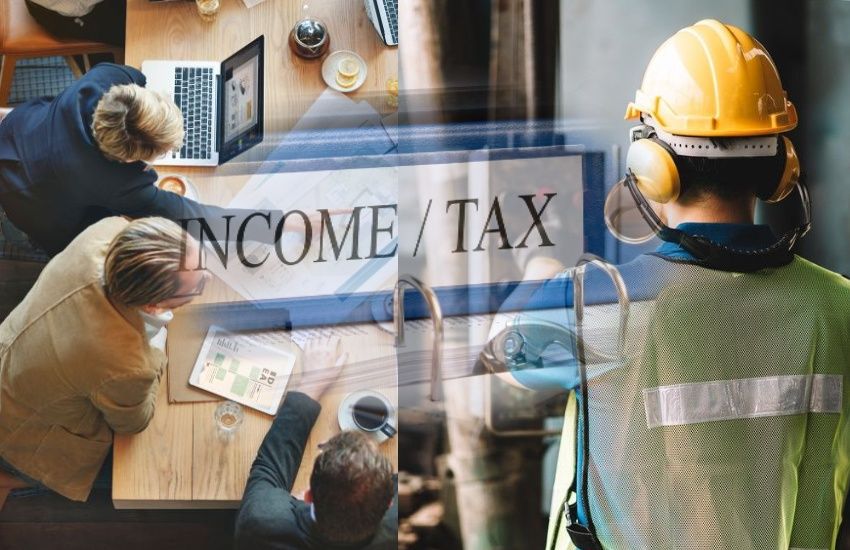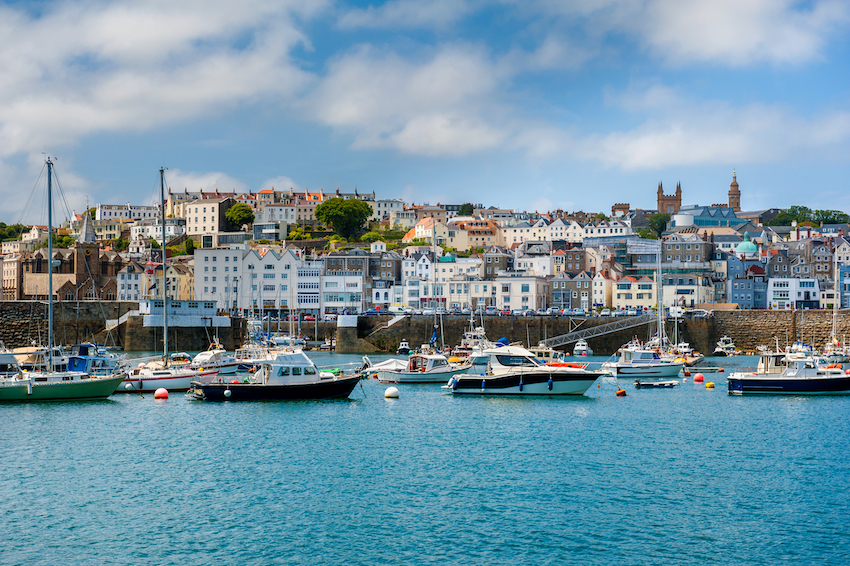


Guernsey’s public finances have bounced back to pre-covid levels, recently published accounts have revealed.
Jersey’s sister bailiwick saw its tax receipts rise from £328.5m in 2020 to £361.5m last year, an increase of £33m - or 10%.
That was the same percentage rise that Jersey saw in its income tax revenue, although it was from £582m to £642m.
The States of Guernsey ended the financial year with a £61m surplus, similar to Jersey’s £59m surplus on spending approved by the larger island’s Assembly.
Both islands also enjoyed healthy returns of their investments.
Despite a strong financial performance last year, Guernsey’s Policy & Resources Committee is still projecting that States’ reserves will be exhausted by the end of the current political term and that expenditure will exceed income by tens of millions of pounds a year in a few years’ time.

Pictured: The States of Guernsey's income was £575m in 2021 and its total spending was £514m, leaving a £61m surplus.
“The underlying position remains a structural deficit beyond this term which, for general revenue, is estimated to be approximately £50m when the long-term infrastructure funding needs are factored in,” said the Committee recently.
“In addition, the States are running a deficit on the social security schemes, in particular the States’ pension, which have a long-term funding requirement of £34m a year. Therefore, the overall structural deficit remains in line with previous forecasts of £80-90m.”
The Committee has proposed a goods and services tax set at 8% or 5% as a better way of dealing with the projected shortfall than raising income tax and social security contributions or making substantial cuts to expenditure.
The Committee's tax plans have faced faced political and public opposition.
Last year, it asked deputies to back GST in principle but withdrew the proposal when it became clear during debate that it would be heavily defeated if pushed to a vote.
Instead, the States approved an alternative proposal from the Committee to investigate other options, consult more and return to the States for another debate in July this year. That second debate has now been postponed until later in the year, partly to allow a fresh examination of corporate tax.
Last year, Jersey’s Government raised £106m from GST, a 13% increase on 2020. It also raised £80m from impôts duty, £61m from stamp duty and £49m from dividends, including £40m from the sale of part of JT.
Comments
Comments on this story express the views of the commentator only, not Bailiwick Publishing. We are unable to guarantee the accuracy of any of those comments.